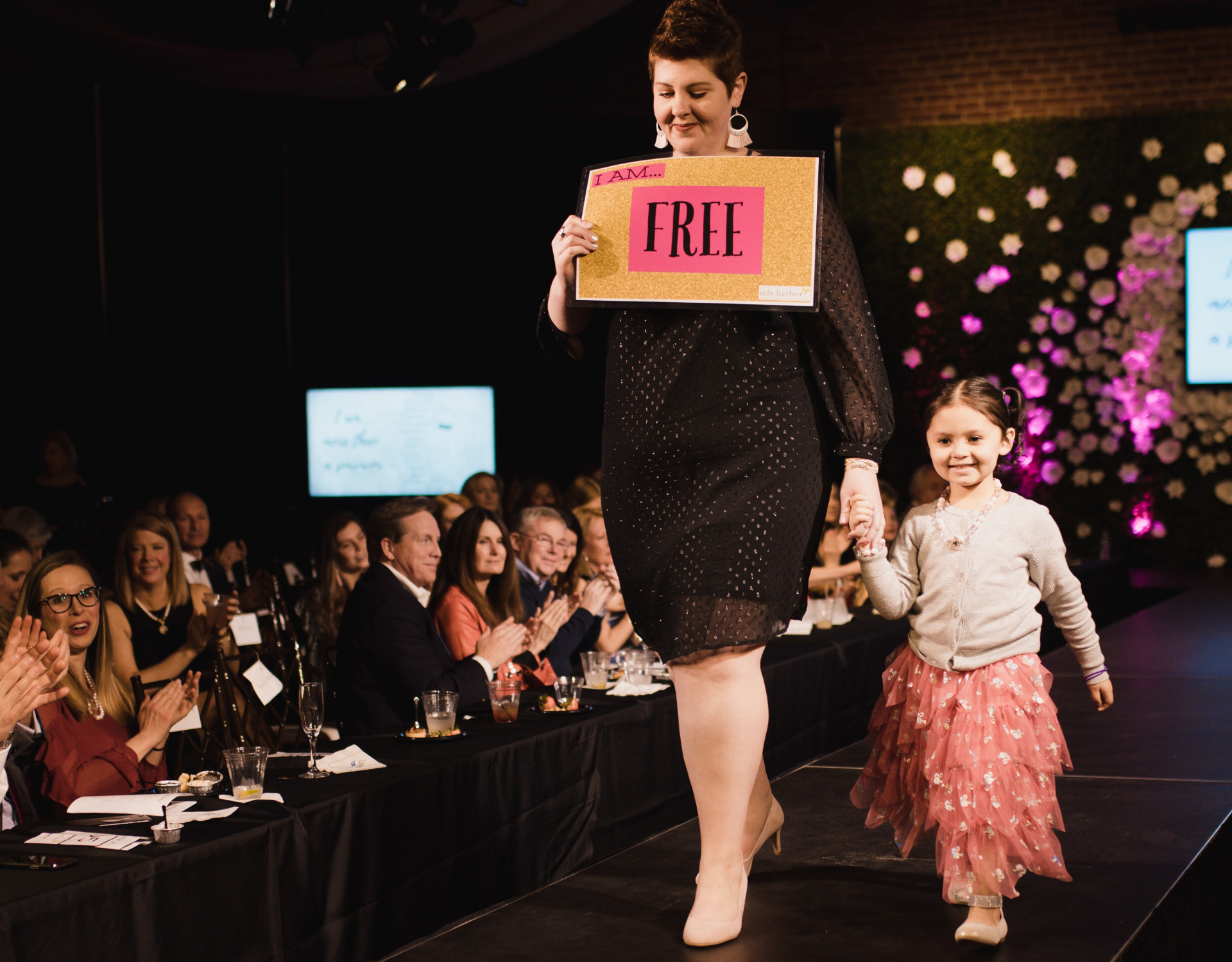Alarmingly, domestic violence is the leading cause of injury to women in the Upstate of SC, more than muggings, stranger rapes and automobile accidents combined. And, both sexual abuse and domestic violence are associated with an increased risk for developing a number of psychiatric conditions or exacerbating existing mental health challenges. At the same time, living with a serious mental illness or disability may also increase a woman’s vulnerability to abuse.
Unfortunately, many victims of domestic and sexual violence and women with mental illness disabilities, are reluctant to seek help due to fear, shame, and the stigma of their experience. On October 1, 2009 Safe Harbor became one of only six organizations in the nation to be funded by the US Department of Justice, Office on Violence Against Women with a three-year $600,000 grant awarded to address challenges that victims of violence with mental health disabilities confront when seeking services.
The impact of violence against women not only causes physical injury, it also causes significant emotional pain and psychic trauma. As one father said in his Victim Impact Statement to the court: “Today, our daughter is not the same stable person she was prior to the rape. Whereas she was a warm, friendly person who never met a stranger and loved all the people she knew, she now has become a loner who has continuing nightmares, severe depression and despondency, excessive anger and hostility, irrational behavior unknown to us before she was raped…The laughter and cheerfulness which she once had, no longer exists and this has left a gloom and emptiness in our once happy home…The wounds have not yet healed…I wonder if or when they will”.
Women who are the targets of violence may develop mental health conditions such as Posttraumatic Stress Disorder (PTSD), depression, substance abuse and additional mental health and physical health issues. Research during a nine-year period of sixteen domestic violence shelter residents, indicated 33% to 88% of the residents experienced PTSD, and from 33% to 74% of the residents experienced moderate to severe depression.
Abuse rates are even higher among homeless women with serious mental illness. In a study with 99 episodically homeless women with severe mental illness (SMI), researchers found that significant numbers had been physically (70%) or sexually (30.4%) abused by a partner. Rates of physical or sexual abuse in adulthood by any perpetrator were 87% and 76%, respectively.
More hopeful research indicates that symptoms, particularly symptoms of depression, may resolve when social support and safety increase. For this reason, funding has made it possible for two additional key organizations, the Greenville Mental Health Center, and the Greenville Rape Crisis and Child Abuse Center, to form a unique partnership and alliance with Safe Harbor. This collaborative partnership is determined to reduce “second injuries”- injuries to victims brought about by insensitive and unresponsive support systems. These three organizations will respond to this challenge by proactively committing to changing internal policies and procedures that will help each organization become more responsive and accessible to individuals impacted by domestic and sexual violence, mental illness, and trauma.
By Jayne Crisp, Project Director
• For more information about the Violence Against Women with Disabilities project in Greenville, contact Jayne Crisp.
• Visit Accessingsafety.org – Funded by the Office on Violence Against Women, the Accessing Safety Initiative helps organizations and communities meet the needs of women with disabilities & Deaf women who are victims or survivors of domestic violence, sexual assault, & stalking.




